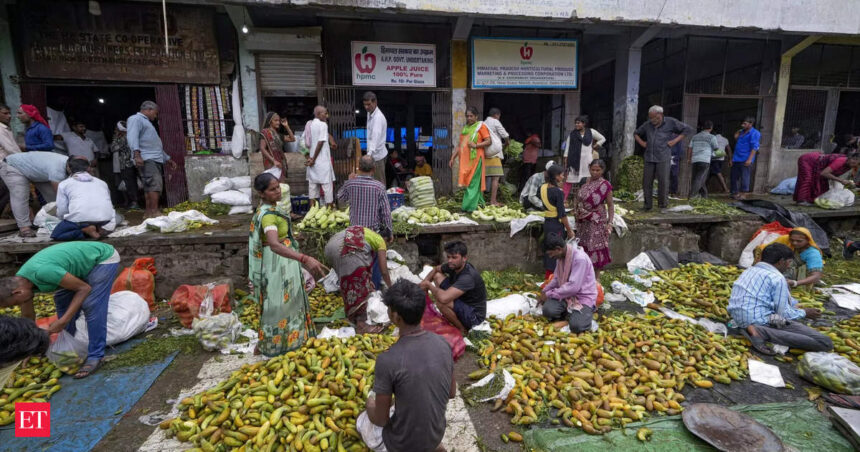“To further strengthen e-NAM, 28 new mandis were approved recently for integration to take the total count of mandis to 1389,” Ahuja said at a workshop here on eNAM 2.0.
He also emphasised on the importance of providing key information to the stakeholders of e-NAM at the right time.
“It is important to remove information asymmetry,” he said.
Ahuja further said the information pertaining to quality of produce is as vital to the buyer, as the prices of commodities are vital to sellers.
“From an economic perspective, the whole value chain must be made efficient and wastage must be reduced,” he said. Faiz Ahmed Kidwai, Additional Secretary in the Agriculture Ministry, said e-NAM 2.0 will be an advanced version of the existing e-NAM, wherein the reforms in the State Acts will be very important in the success of e-NAM 2.0.
Three farmer producer organizations, Churchu Nari Urja FPCL (Jharkhand), Maangani City Consortium (Tamil Nadu) and Jaivik Shri FPCL, Koraput (Odisha), shared their experiences of using the e-NAM platform.








